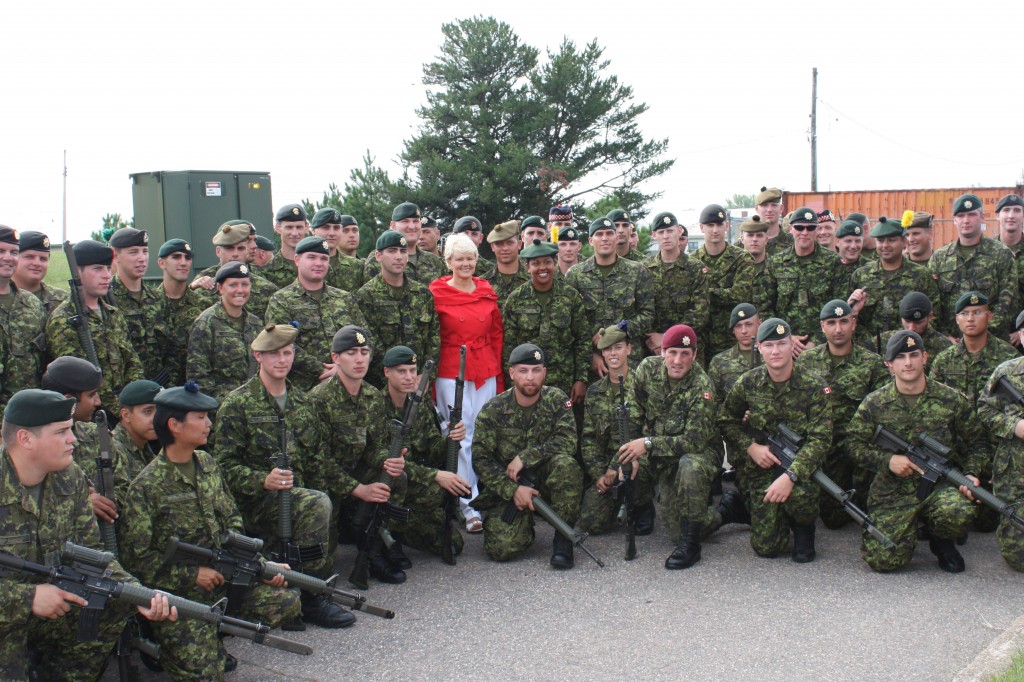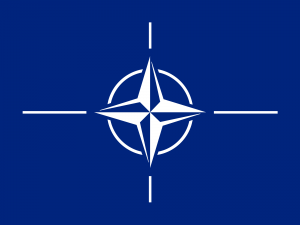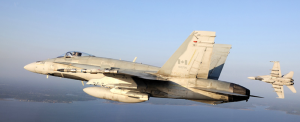NATO Still Matters
Ottawa Citizen, November 22, 2011
The Hill Times, December 5, 2011
As the Member of Parliament for CFB Petawawa, the busiest military base in the country, and the newly elected Chair of the Canada-NATO Parliamentary Association, I appreciated Jack Granatstein’s opinion piece, which raised the question, does the North Atlantic Treaty Organization (NATO) still matter?
I believe the answer to that question is an unqualified yes, NATO does still matter. NATO matters, for its role in defence co-operation and procurement among members, as well as its increasingly important role in international security efforts, necessary in our post-recession and post-Arab Spring world.
Canada, together with 11 other western democracies founded NATO in 1949. NATO’s goal was to provide a united defence against the threat of Communism in Eastern Europe and the Soviet Union. During the Cold War, NATO helped keep the west unified against the Soviet Union.
While NATO was designed as a mutual defence organization against the Soviet Union during the Cold War, it has been significantly more active in the 19 years since the Cold War ended. After the Fall of the Berlin Wall, NATO has become even more important, with ongoing missions in Kosovo, Afghanistan, and anti-Piracy operations off the coast of Somalia, as well as the successfully completed missions in Bosnia, Serbia and most recently, Libya.
NATO has become involved in all of these conflicts due to its efficient mandate and its ability to rapidly respond to military matters. While many say that it is the United Nation’s role to respond to global situations, the UN has no armed forces structure, and is unable to act with the speed and commitment necessary to protect world peace.
For Canadians, NATO matters for the very reasons Granatstein lays out in his opinion piece – the ongoing economic crisis in Europe and the United States.
As Granatstein details, major and minor military powers alike in NATO are reducing their armed forces size and capabilities due to issues like mounting debt. NATO is more important now than ever. By pooling our military resources we ensure member nations continue to provide peace through unified strength.
This pooling of military resources also applies to military procurement, a notoriously costly activity when carried out by only one nation. By pooling our research operations and our purchases, (like NATO members have been doing with the F-35 Lightning II fighter jet, among other purchases), it helps reduce the unit cost of the new equipment, as money is always tight.
Working together on military procurement also increases the interoperability of our armed forces with our allies’ forces. This makes is much easier, and much less expensive, to train our personnel, co-ordinate operations with our allies, and maintain our equipment while on assignment.
The major powers in the world are developing or will be developing fifth generation fighter aircraft capable of matching the U.S.’ F-22 Raptor. The development and widespread use of the F-35 is central to protecting our nation with an unmatched fifth generation fighter jet. As many reports recently have indicated, and as Granatstein mentions in his article, the only way the West will be able to afford F-35 purchases in these tough economic times is through pooling our purchases and developmental resources.
It is impossible to predict where and when NATO’s forces may be needed next, as the spontaneous and unpredictable democratic uprisings of the Arab Spring, and the sudden outbreak of civil war in Libyan have shown. A look at the current geo-political scene shows us that there is no shortage of future missions NATO forces could be required for, such as the civil unrest building in nations such as Syria and Egypt, and unpredictable military actions taken by nations like Iran.
While I greatly respect Granatstein for all the work he has done in promoting the Canadian military, including all his hard work documenting the “decade of darkness,” I find his arguments on NATO’s usefulness misplaced. It seems odd to question the usefulness of the greatest military alliance since the ancient Athenian’s Delian League after one of its greatest successes.
NATO’s role is crucial in our current global environment, and I am proud to be a part of a Conservative Government which recognizes the critical role of NATO, and the importance of Canada’s continued participation in the Alliance.


